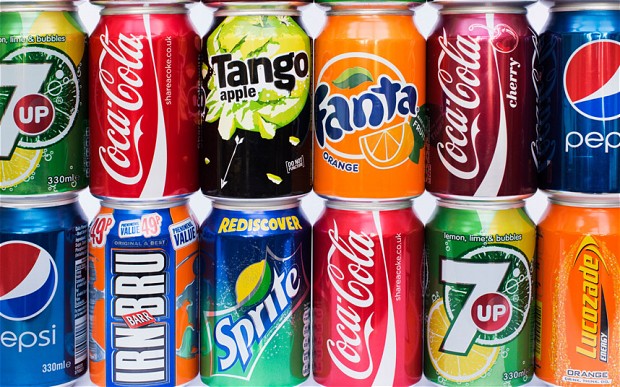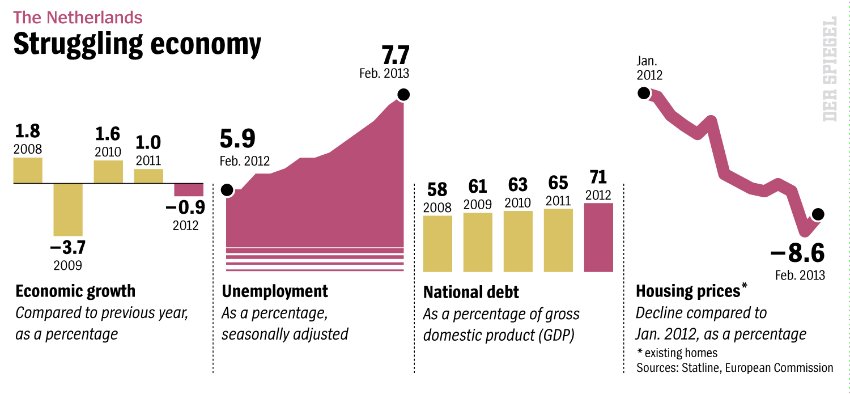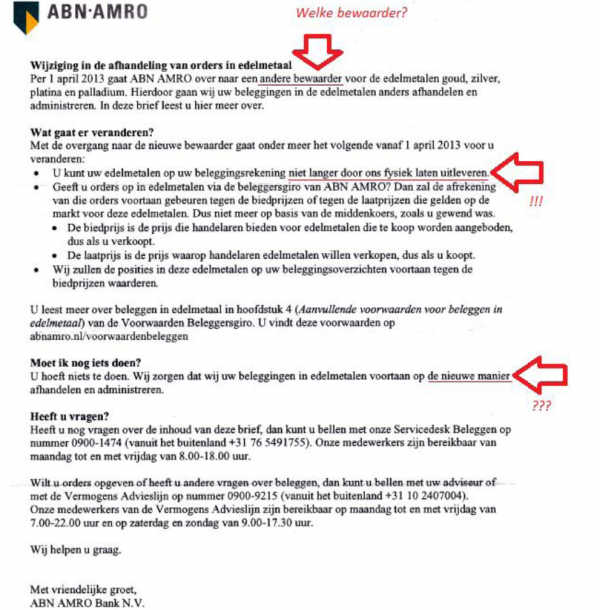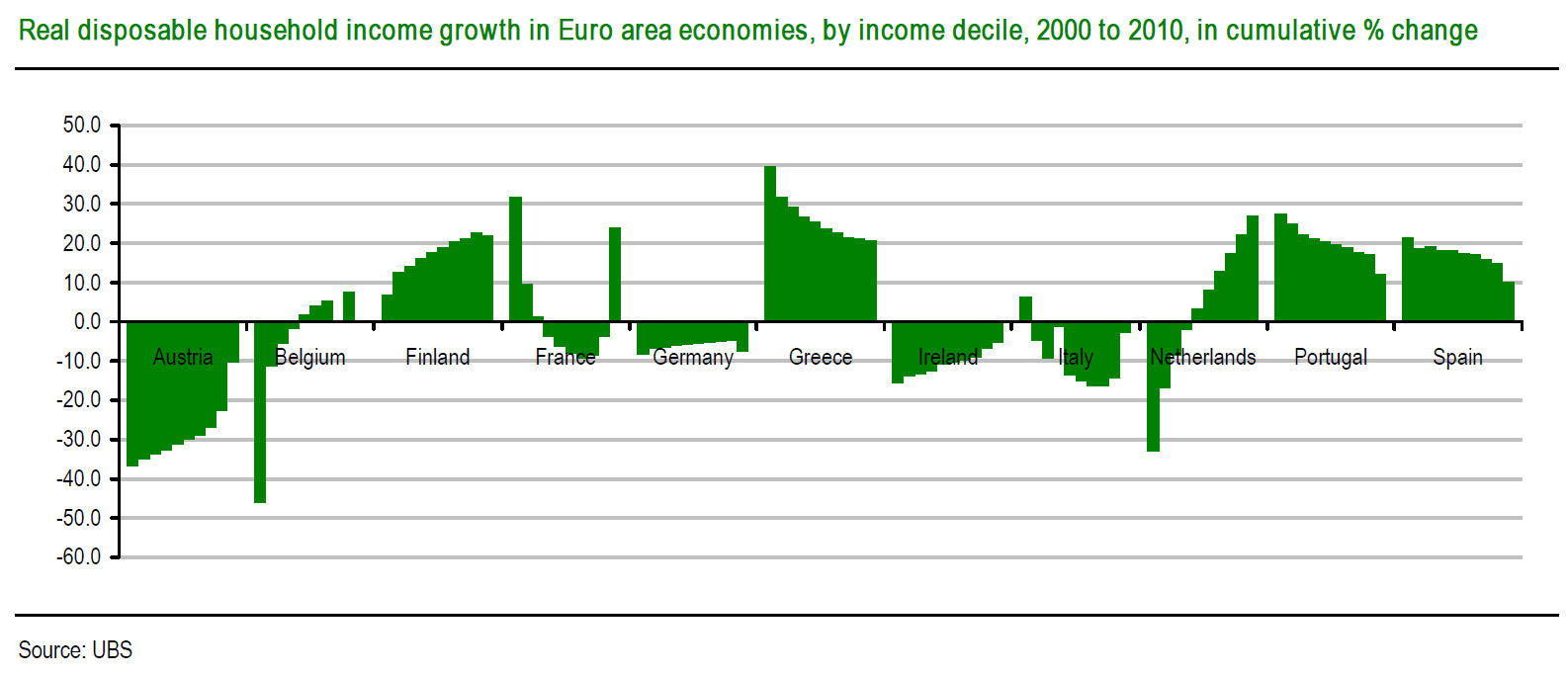– Massive Explosion Rocks Shell Oil Production Plant In The Netherlands (ZeroHedge, May 3, 2014):
Moments ago a massive explosion, accompanied by a raging fire seen from miles away, occurred at a Shell Oil production plant in Moerdijk, Netherlands, reports the Omroep Brabant. Two “enormously loud bangs” were reported by bystanders. Bystanders reported a pink flash of light followed by flames that were meters high. According to a Dutch reporter, the explosion shook the neighborhood houses as if an earthquake occurred. Marieke van Wijk of the Safety Mid and West Brabant reports that the fire occurred during an exchange of services.
“The blaze is pretty intense and the smoke goes straight up. Hazardous substances are igniting high in the air. “Stay at least always the smoke,” adds the municipality of Moerdijk.
No evacuation of local residents has been ordered so hopefully the damage is contained.
This is what the facility looked like before the accident:
Dit is Shell #Moerdijk….http://t.co/jPOxyXenM3 pic.twitter.com/T3zjy3X5i4
— Martijn Standaart (@MStandaart) June 3, 2014
And this is what it looks like right now:
Read moreMassive Explosion Rocks Shell Oil Production Plant In The Netherlands





